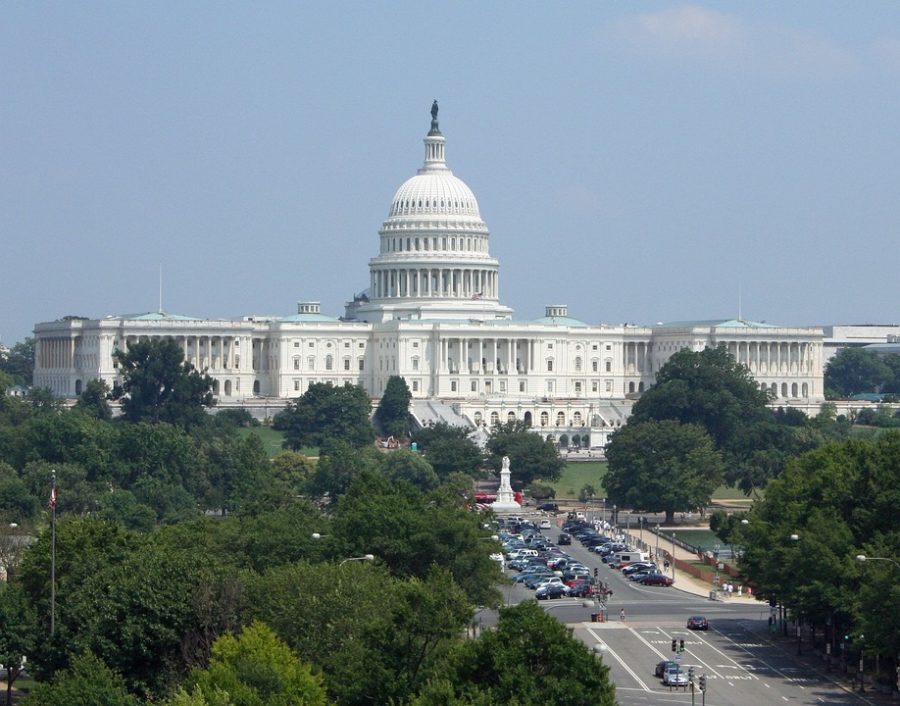Update: An Important Election Cycle
December 11, 2022
“Vote for me! No, vote for me! No, me!” This was the commercial we all saw in the weeks leading up to November 8’s elections. While some states voted for a governor, others voted for one of their U.S senators. The entire U.S. senate is never up for reelection at the same time so that there will always be someone experienced. If a new senator is elected, there is a Senator who already has time under their belt to help the new senator should they need help. With everything going on, it can sometimes be difficult to find the winner, or know what certain things may mean.
In the state of Illinois, there was a governor’s race, a U.S. Senate race, and 17 U.S House of Representative races. In the Governor’s race between the current governor, J.B Pritzker (D), and state senator Darren Bailey (R), Pritzker won the race with 54.6%* of the vote. Both nominees ran extensive campaigns, promoting themselves and tearing down the person who they were running against. In terms of the U.S Senate race, current Senator Tammy Duckworth (D) won 56.4%* against Illinois attorney Kathy Salvi (R). This will be Duckworth’s second term, and she will join fellow Democrat Dick Durbin in the Senate chambers representing Illinois. Also, Illinois voted for the members of the House of Representatives who would be their voice. Out of 17 seats, 3 either elected or reelected a Republican, and 14 voted for a Democrat to represent them.
In terms of national elections, it was a night of many surprises. Many political analysts predicted a “red wave” or Republican landslide. However, the wave ended up being all but a splash. In terms of governors races, the Democratic Party gained two states, meaning that the Republican Party lost two. Many governors’ races were highly politicized, such as the races in Texas and Georgia. Both states ended up voting for their current Republican governors, Greg Abbott and Brian Kemp, respectively. However, it was the U.S Senate races that were the main talking point of the night. One of the most highly politicized Senate races was in the state of Pennsylvania between John Fetterman (D) and Mehmet Oz (R). The two were in the center of the political sphere, as the Senate seat that was up for grabs was crucial for either party to control the evenly divided U.S. Senate. Not only was it in the spotlight for the significance it held, but the candidates made the race important as well. Fetterman, the Lieutenant Governor of the state, as well as an ex-mayor, suffered a major stroke during his election tour, and still debated, despite the after-effects of the stroke. Mehmet Oz, also known as Dr. Oz, was questioned in his ability to be a Senator because he was a television personality with no political experience. In the end, Fetterman won the race with 51.2%* of the vote. While some states had no problem trying to determine a winner, Georgia was another story. In the race between Raphael Warnock (D) and Herschel Walker (R), the voters were so close that neither candidate got over 50% of the vote. That means that under Georgia law, on December 6, a runoff election took place, this time with only Walker and Warnock on the ballot. Warnock, the incumbent Democrat, won a narrow victory, preserving Democrats’ control of the U.S. Senate.
*All statistics used in this article come from the Associated Press.
